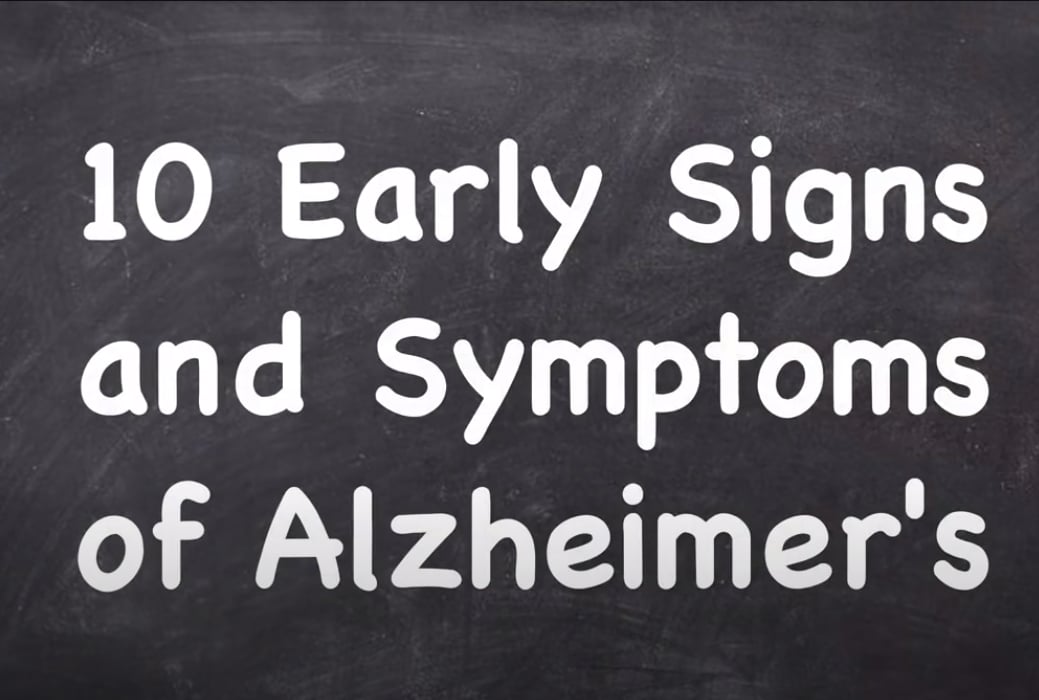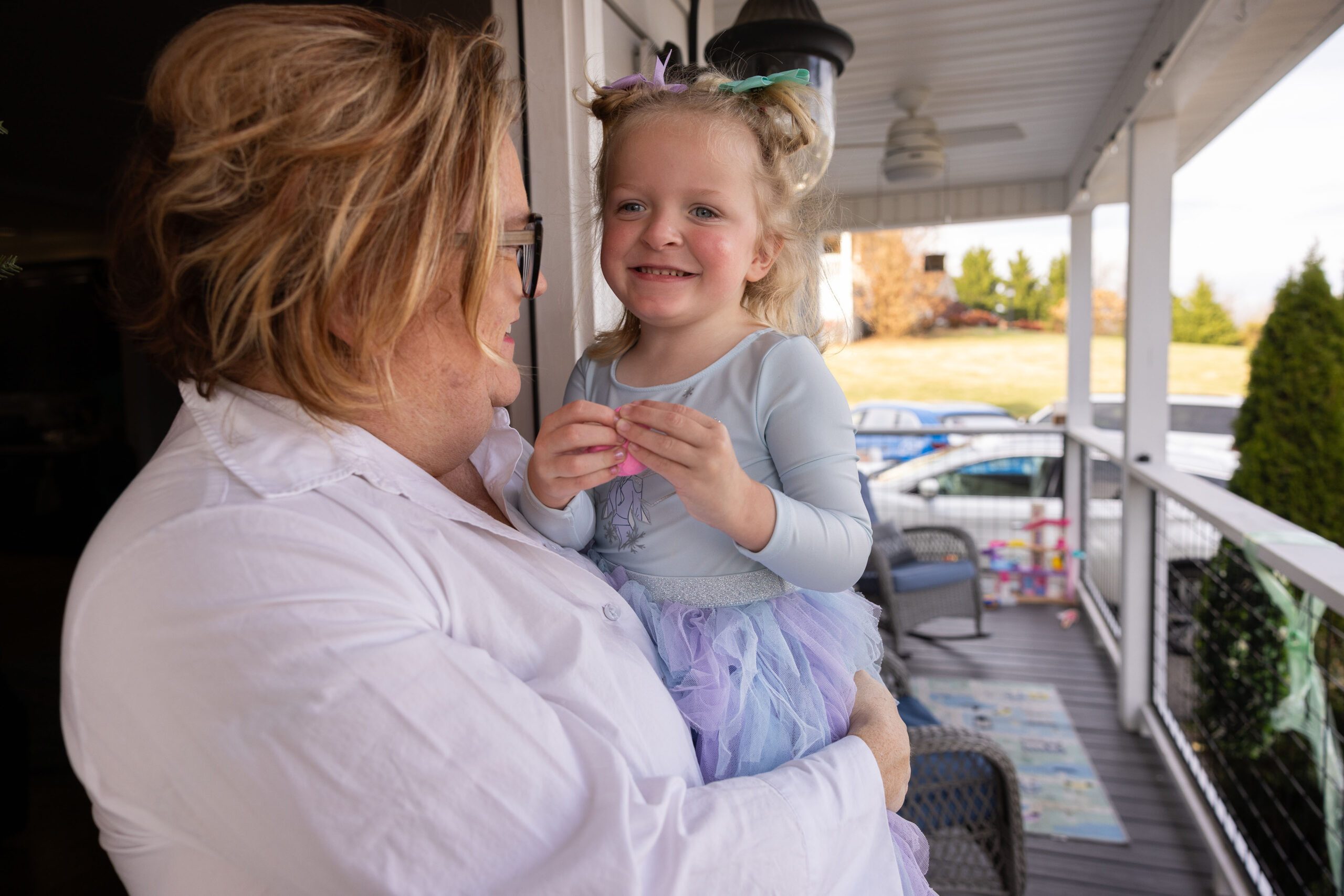 Grief is a painful emotion that people experience in a variety of ways. There’s no right way to grieve. It’s an individual process. Some people become sad and withdrawn. They fall into a depression. Others become angry that their loved one is gone. Some individuals use dark humor to cope with the loss of a loved one. There’s no right way to feel after someone you love dies. It depends on how you respond to it. One of the most upsetting feelings people experience when a loved one passes away is nothing at all. It’s common to feel a sense of shock after someone dies. That can lead to a sense of numbness. When you feel numb, it may be concerning. Try to remember that it’s normal to shut down after a person dies. Here’s why you might have an absence of feelings and what you can do about it.
Grief is a painful emotion that people experience in a variety of ways. There’s no right way to grieve. It’s an individual process. Some people become sad and withdrawn. They fall into a depression. Others become angry that their loved one is gone. Some individuals use dark humor to cope with the loss of a loved one. There’s no right way to feel after someone you love dies. It depends on how you respond to it. One of the most upsetting feelings people experience when a loved one passes away is nothing at all. It’s common to feel a sense of shock after someone dies. That can lead to a sense of numbness. When you feel numb, it may be concerning. Try to remember that it’s normal to shut down after a person dies. Here’s why you might have an absence of feelings and what you can do about it.
Let yourself feel your feelings
Numbness can feel alarming, but it’s part of your grieving process. It’s best to let your mind and body do what it needs to do to heal. You might have some automatic thoughts like “I’m going to feel numb forever.” It’s not likely to be your eternal state. You may try to force yourself to feel emotion, but it doesn’t work that way. Let yourself be, and don’t pressure yourself to feel things. You’re going to experience emotions again. But, don’t push yourself to feel sad. You may feel a sense of pressure to grieve in the way others want you to, such as crying, sharing nostalgic stories, or looking at old photographs of your loved one. You have no obligation to please anyone with your grief. If you feel numb, that’s your body and mind’s way of processing the trauma of grief. Allow yourself the space to grieve how you need to do it.
There’s nothing wrong with you
There’s a stigma that people who are mourning need to behave a certain way. If you’re not bawling your eyes out and throwing yourself over a person’s grave, that there’s something “wrong with you.” There’s nothing the matter with you if you’re not expressing outward sadness. If you’re feeling a sense of emptiness, you may be in shock over the death. You could also be in denial that your loved one is gone. There are many reasons that you might not feel anything specific. Eventually, you won’t feel numb anymore when your mind and body are ready to move from this state. If someone tries to tell you that you’re cold or unfeeling because you’re not distraught about a loss, that’s not your problem. Sometimes people use humor to cope with grief because they’re trying to deal with a complex feeling. It doesn’t help when people shame others about how they’re grieving. It’s crucial that you allow yourself to grieve how it feels right to you.
You’re processing the loss.
One reason for feeling numb when grieving is that you’re processing the fact that your loved one is gone. In many ways, death is inconceivable. One day the person is there, and the next moment, they’re gone. You can’t call them, visit their home, or hear their voice. It’s mind-blowing how surreal death is. As much as you try to comprehend it, it doesn’t “make sense.” It’s a mysterious part of living. When a person you love dies, it’s difficult to process. That can be a significant reason why you feel numb. Numbness could also be the sign of another mental health issue: depression. Perhaps you’re not only dealing with grief but you’re also depressed. It can be tricky to decode this, but you can talk to a mental health professional and find out what’s going on for you. You can learn more about depression, grief and other mental health issues on MyTherapist. Whether you’re depressed or not, the concept of death feels challenging to wrap your head around. You’re trying to accept the fact that the person you love has left the earth, and your mind doesn’t want to believe it. Give yourself time to get to the place of acceptance. The more days go by, the more your mind will have time to catch up with the traumatic experience of loss. It will likely hurt, but it takes time to get to the place where you accept the death of the person you lost.
Grief counseling
It’s natural to feel numb for a limited time. But, if the absence of feeling continues for a long time, it could be time to seek some outside help. If you feel like your numbness isn’t going away or is interfering with your wellbeing, it’s okay to seek help. There are grief counselors who specialize in this area. You can speak to a mental health professional about feeling numb and they will help you process the trauma of grief. The reality is that grief is a traumatic experience. Grief doesn’t have to take over your life. It’s okay to seek support from a mental health professional, whether that’s online or in your local area. The most important thing is that you’re taking care of yourself while grieving, and that starts with your mental wellbeing.

Photo credit: iStock
The post Why Do I Feel Numb After My Loved One Died? appeared first on The Good Men Project.
Original Article










